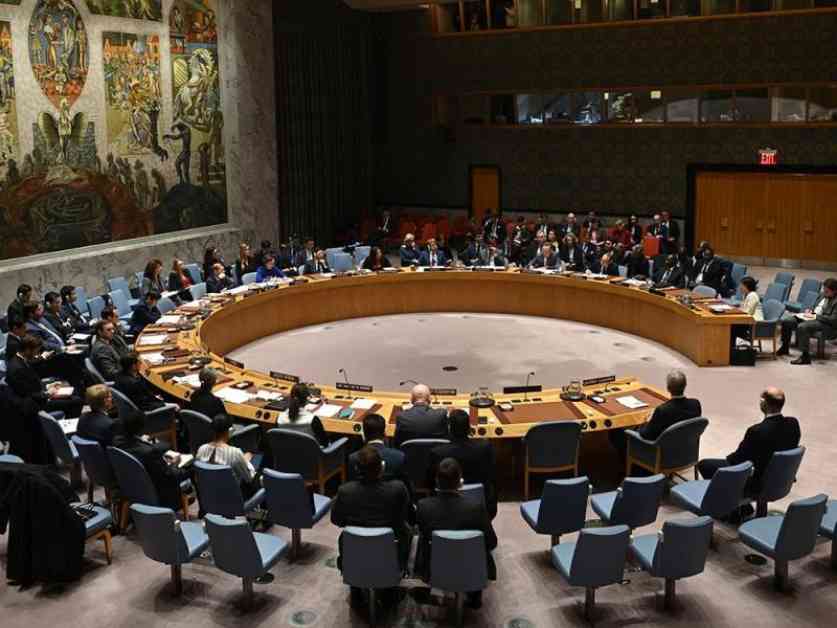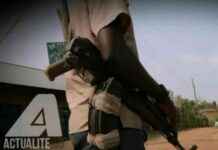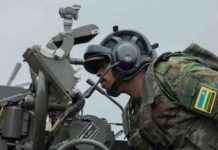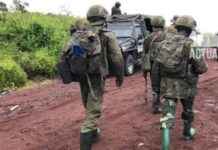Rwanda RDC Conflict: Security Council Convenes Urgent Session
In a rare move of urgency, the United Nations Security Council has called for an emergency session to address the escalating crisis in the Democratic Republic of Congo (DRC). This situation mirrors historical precedents when swift action was taken to condemn acts of aggression and demand troop withdrawals, as seen in past conflicts such as the Iraq-Kuwait invasion in 1990 and the Israeli military operation in Gaza in 2010.
The Need for Decisive Action
The recent request for an emergency session by the DRC highlights the gravity of the situation in North Kivu, with the Congolese government pointing to the Council’s inaction as a key factor in the conflict’s escalation. The presence of Rwandan forces on Congolese soil has raised concerns about violations of sovereignty and territorial integrity, prompting calls for a clear stance from the Security Council.
Key Expectations from the Security Council
As the Security Council deliberates on the crisis in the DRC, several key outcomes are being anticipated. Firstly, a reaffirmation of the DRC’s territorial sovereignty and respect for colonial-era borders is crucial. The notion of a “Greater Rwanda” encroaching on Congolese territory has fueled tensions, underscoring the need for clear boundaries and adherence to international law.
Condemning Rwandan Aggression
The Security Council must not shy away from naming the Rwandan military’s actions as acts of aggression, in line with international legal definitions. The continued presence of Rwandan forces in the DRC represents a threat to regional peace and stability, necessitating a swift and unequivocal response from the Council to demand immediate troop withdrawals.
Enforcing International Law
The obligation for Rwanda to withdraw its military forces from Congolese territory is not up for debate, as outlined in previous resolutions and legal frameworks. The Security Council’s role in upholding international law and ensuring compliance with resolutions is paramount in resolving the conflict and preventing further escalation.
As the Security Council convenes to address the crisis in the DRC, the world watches with bated breath, hoping for a decisive and principled stand against aggression and a commitment to upholding the rule of law. The stakes are high, with the future of the region hanging in the balance, making the Council’s actions all the more critical in shaping the outcome of this conflict.

















